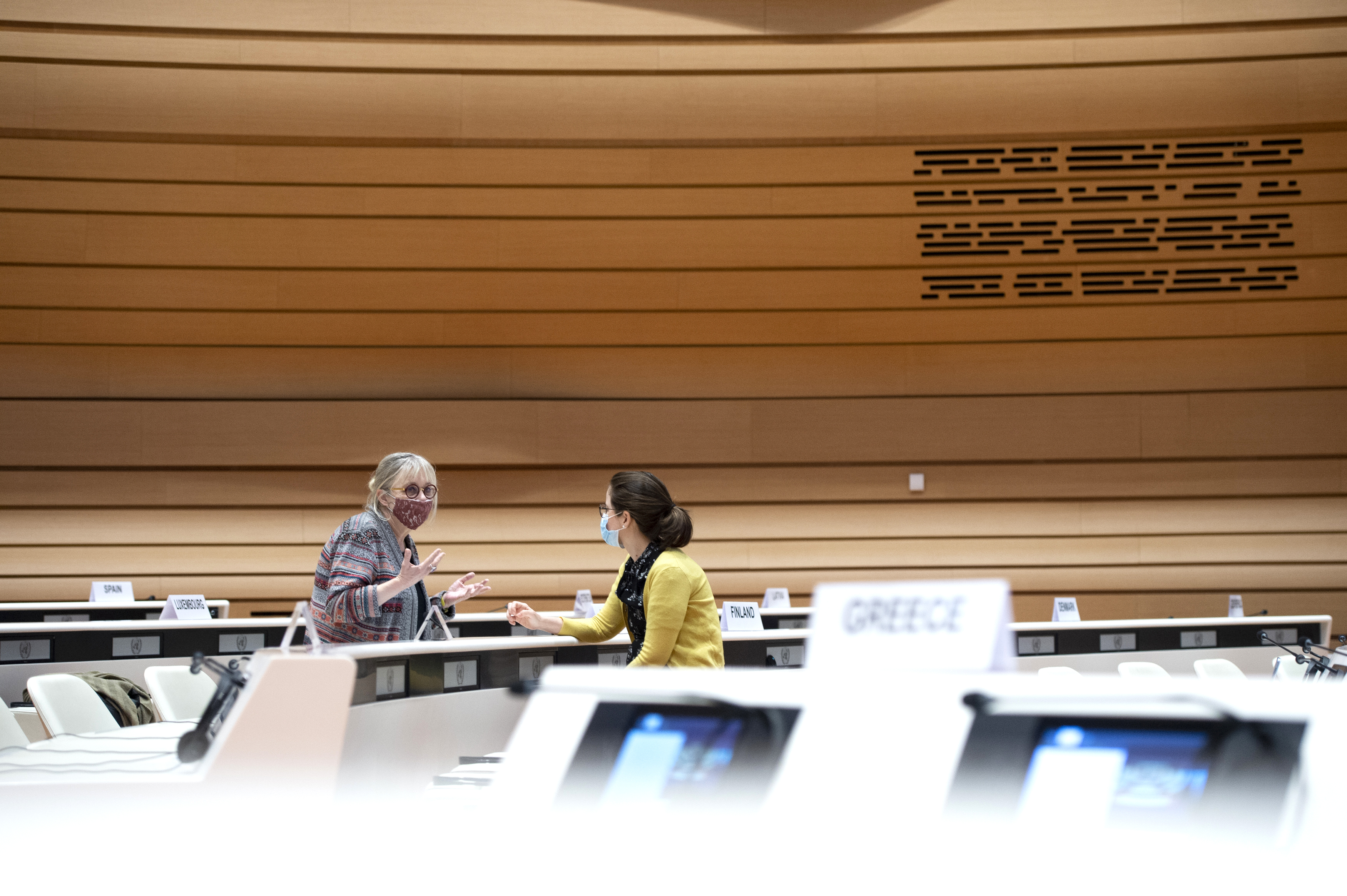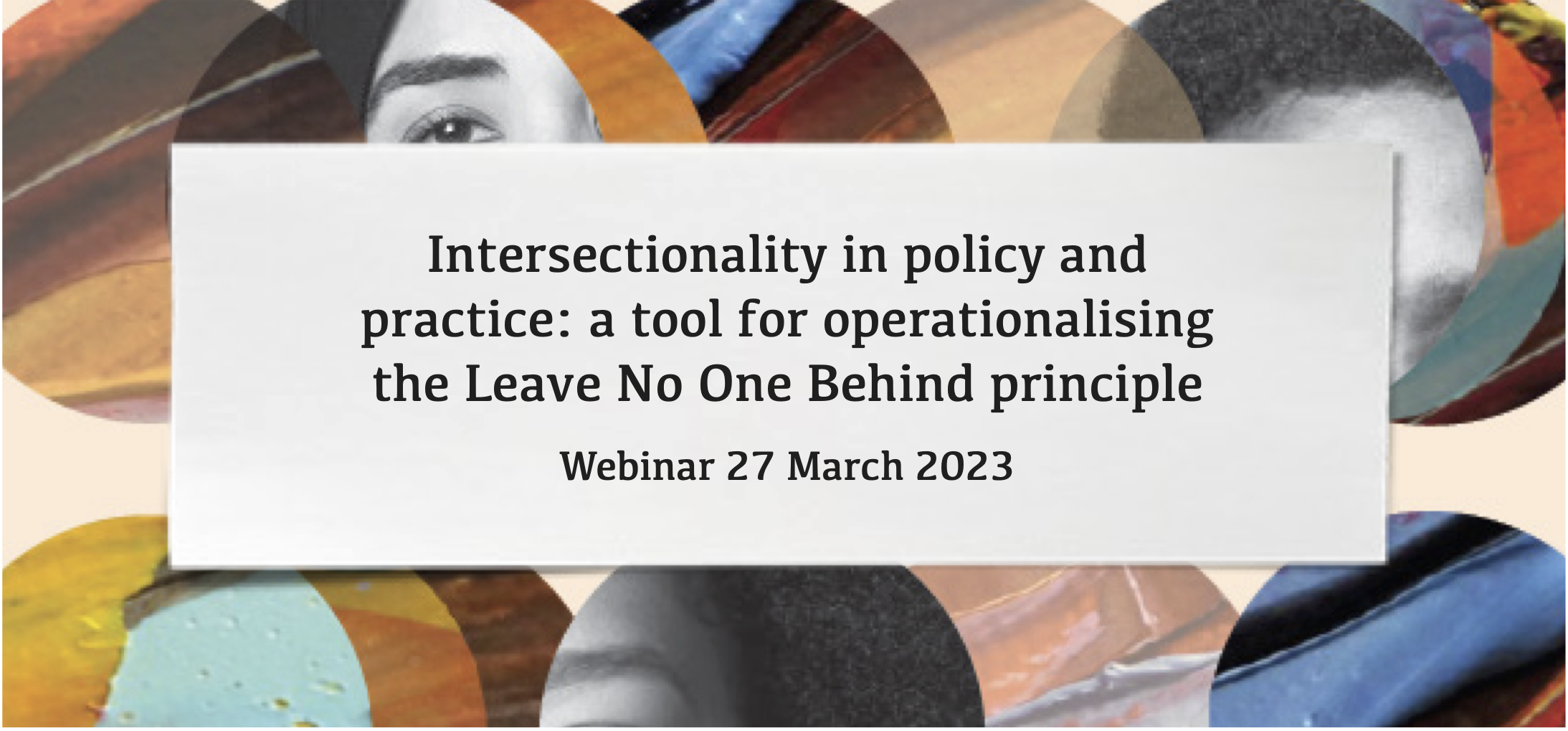Background
Major global crises such as the COVID-19 pandemic, the ongoing war in Ukraine and conflict in other parts of the world, as well as climate change, have reversed progress in achieving the Sustainable Development Goals. These have also exacerbated interrelated challenges such as poverty and inequality. In order to advance the 2030 Agenda for Sustainable Development’s determination to Leave No One Behind (LNOB), addressing these challenges requires moving beyond generalisations and ensuring progress for all population groups at a disaggregated level. This will require the will and ability to identify who is being excluded or discriminated against, how and why, as well as who is experiencing multiple and intersecting forms of discrimination and inequalities. Applying an intersectional lens to LNOB helps advance a human rights based approach in policy development, programming and project implementation and will strengthen the United Nations’ role in safeguarding the human rights of all people. This approach is relevant for the attainment of all SDGs, not only the ones under review.
The Dag Hammarskjöld Foundation will shortly publish the latest edition of its flagship publication, Development Dialogue, which assesses the application of intersectionality in policy and practice. Including 13 contributions from both UN actors and relevant civil society actors, it brings a fresh perspective on the issue identifying both best practices, challenges and opportunities.
The Dag Hammarskjöld Foundation (DHF); Inclusive Data Charter; UN Resident Coordinator’s Office in Kenya; Office of the United Nations High Commissioner for Human Rights



